Discussing in the hall about the draft Law on Organization of People's Courts (amended) on the morning of May 28, delegate Nguyen Thi Viet Nga (Hai Duong delegation ) said that reality has shown that many incidents and cases have been reported widely in the press, social networks, and the internet in an unofficial manner, along with conflicting opinions from many social network users.
That has created significant impacts and pressure on the litigants participating in the case, negatively affecting the trial work, legal propaganda work, and directly affecting individual rights and human rights that are clearly stipulated in the Constitution.
“Therefore, stricter regulations on recording and filming in court are extremely necessary,” said Ms. Nga.
However, according to Ms. Nga, we should not only limit the recording of images at court sessions and meetings during the opening of the court session, meeting, and the announcement of the verdict and decision, but also limit the recording of audio.
“Although the principle of publicity is to make the entire trial public, not just the time of the opening of the verdict or the announcement of the decision, if people are allowed to freely record audio and video during the entire trial, it will affect the trial process because it will more or less create chaos,” said Ms. Nga.
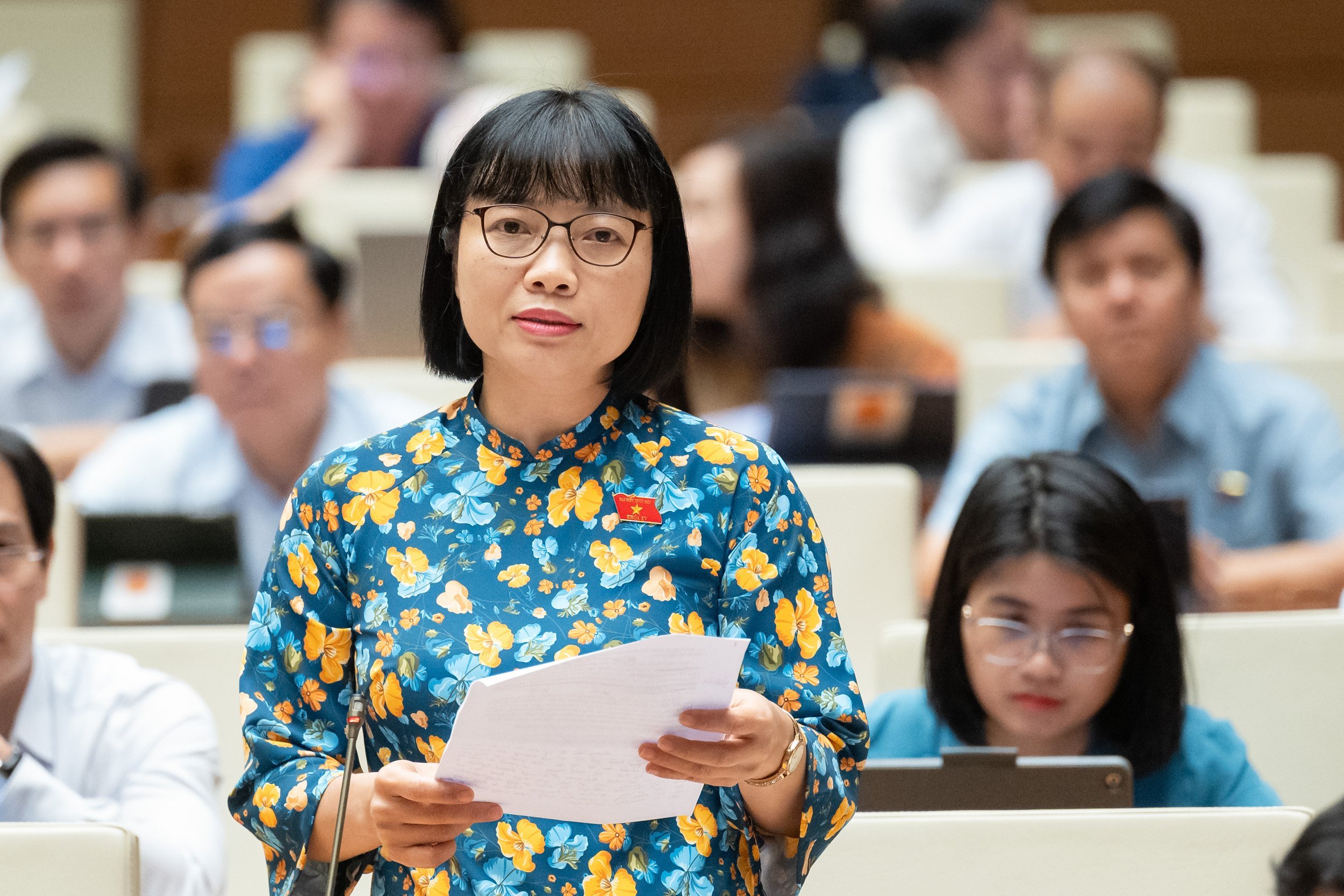
Delegate Nguyen Thi Viet Nga, Hai Duong delegation (Photo: National Assembly Media).
The female delegate said that in divorce trials and business cases, there are many personal secrets of the individuals involved, as well as business secrets and trade secrets.
If recording and filming are rampant, then the edited information is posted on social networks, it will have a significant impact on the individuals and organizations involved. Especially now, the punishment of violations in our cyberspace environment is facing difficulties and obstacles.
From another perspective, the Russian delegate said that there should be a distinction between the subjects allowed to record audio and video in court. There should be more open regulations on recording audio and video in court for groups of subjects such as reporters, press, and television.
"Because they are well-trained, professional people, and are bound by work, the information will certainly be more professional and objective. This is also the opinion and recommendation of many voters who are reporters, television technicians, and journalists that I received," said delegate Nga.
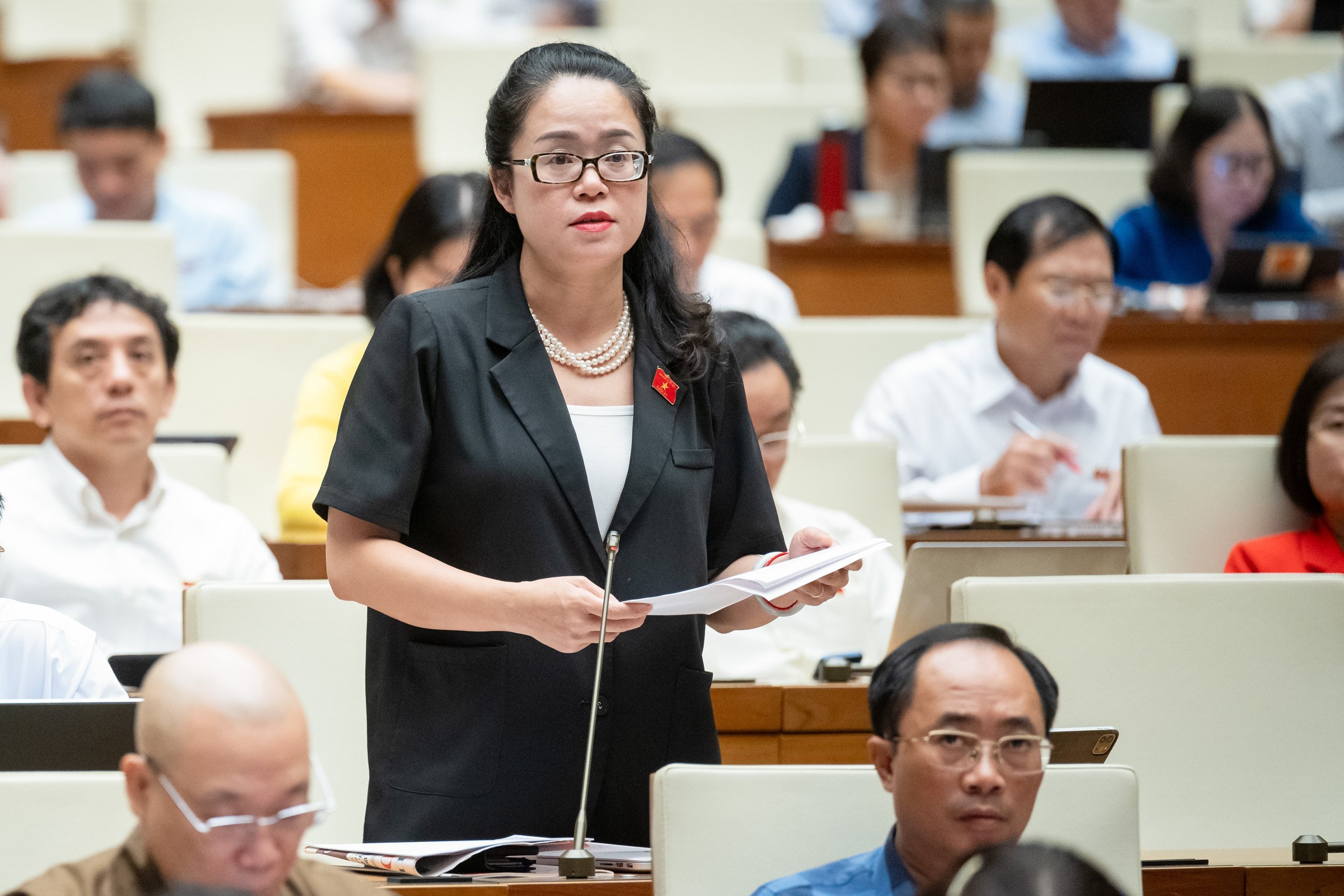
Delegate Duong Minh Anh, Hanoi delegation (Photo: National Assembly Media).
Delegate Duong Minh Anh (Hanoi delegation) supported option 1, because the trial process has a lot of information and evidence announced at the trial that needs to be considered and decided by the panel of judges in the verdict. Furthermore, the above regulation also ensures the seriousness of the trial, and the participants in the proceedings are not distracted.
"This regulation is not narrower than the regulation in the Press Law," Ms. Anh acknowledged and highly appreciated the addition of the regulation that the court records the entire proceedings of the trial and meeting to serve professional tasks.
Delegate Nguyen Thanh Nam (Phu Tho delegation) proposed to adjust in the direction that recording images at court sessions and meetings can only be done during the opening of the court session, meeting, and the announcement of the verdict and decision when permitted by the presiding judge.
"In case of recording audio or images of other litigants or participants in court or meetings, their consent and the consent of the presiding judge of the court or meeting must be obtained," delegate Nam proposed.
2 options for submitting to National Assembly deputies for opinions on audio and video recording in court
Option 1 : Recording speech and images of the Trial Panel at a trial or meeting must have the consent of the Presiding Judge; recording speech and images of other litigants or participants in the trial or meeting must have their consent and the consent of the Presiding Judge. Recording images at a trial or meeting may only be done during the opening of the trial or meeting and the pronouncement of judgment and announcement of the decision.
The court shall record speech and images of the entire proceedings of the trial or meeting if necessary to serve professional tasks. The use and provision of the results of recording speech and images of the proceedings of the trial shall be carried out in accordance with the provisions of law. The Chief Justice of the Supreme People's Court shall specify this clause in detail.
Option 2: Do not stipulate clauses 3 and 4 (Implement according to the provisions of procedural laws and relevant laws) .
Source: https://www.nguoiduatin.vn/can-quy-dinh-coi-mo-hon-viec-bao-chi-ghi-am-ghi-hinh-tai-phien-toa-a665662.html


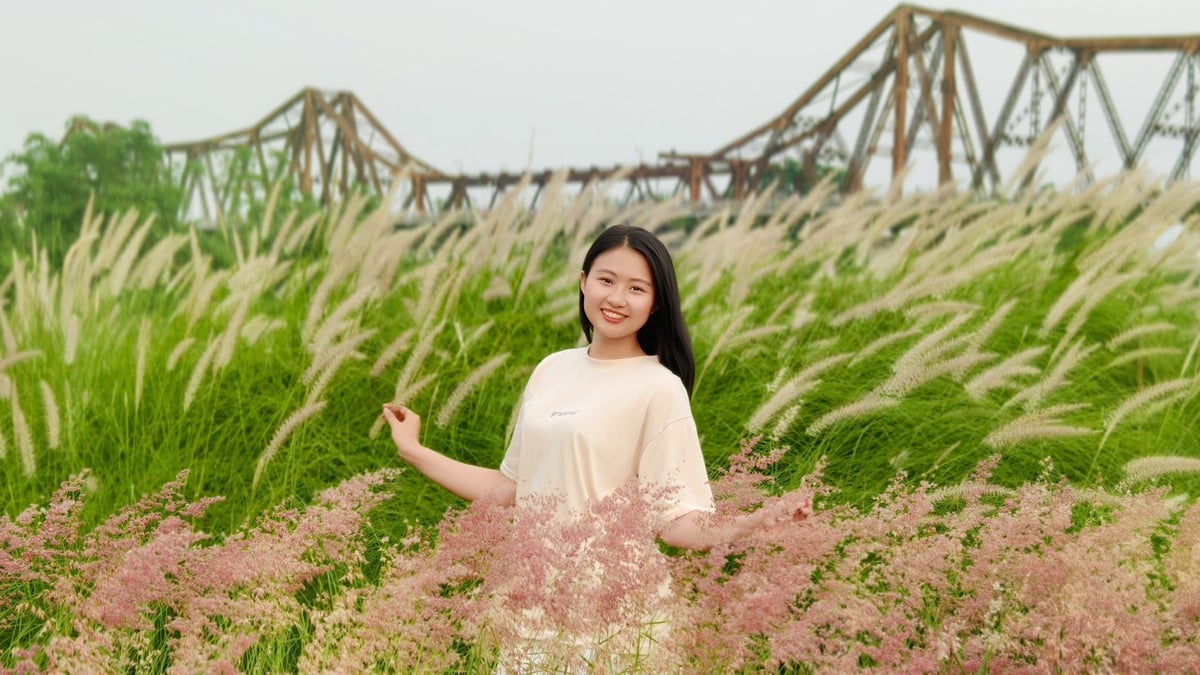

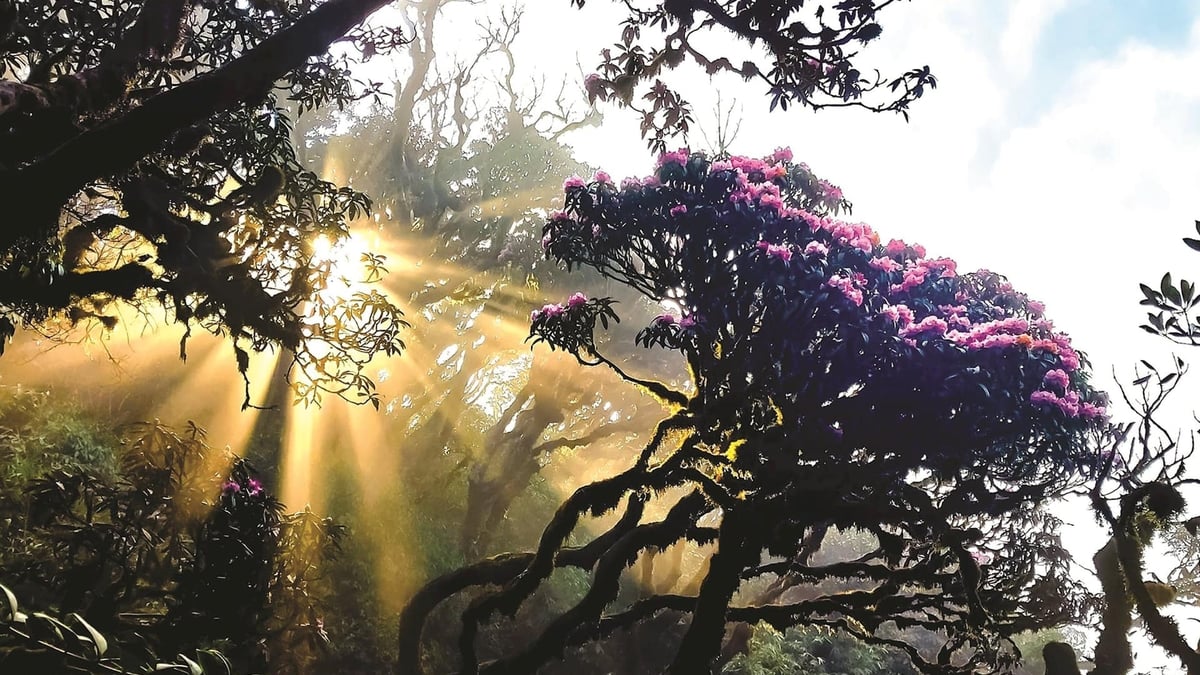
![[Photo] Prime Minister Pham Minh Chinh meets with US business representatives](https://vphoto.vietnam.vn/thumb/1200x675/vietnam/resource/IMAGE/2025/5/13/5bf2bff8977041adab2baf9944e547b5)

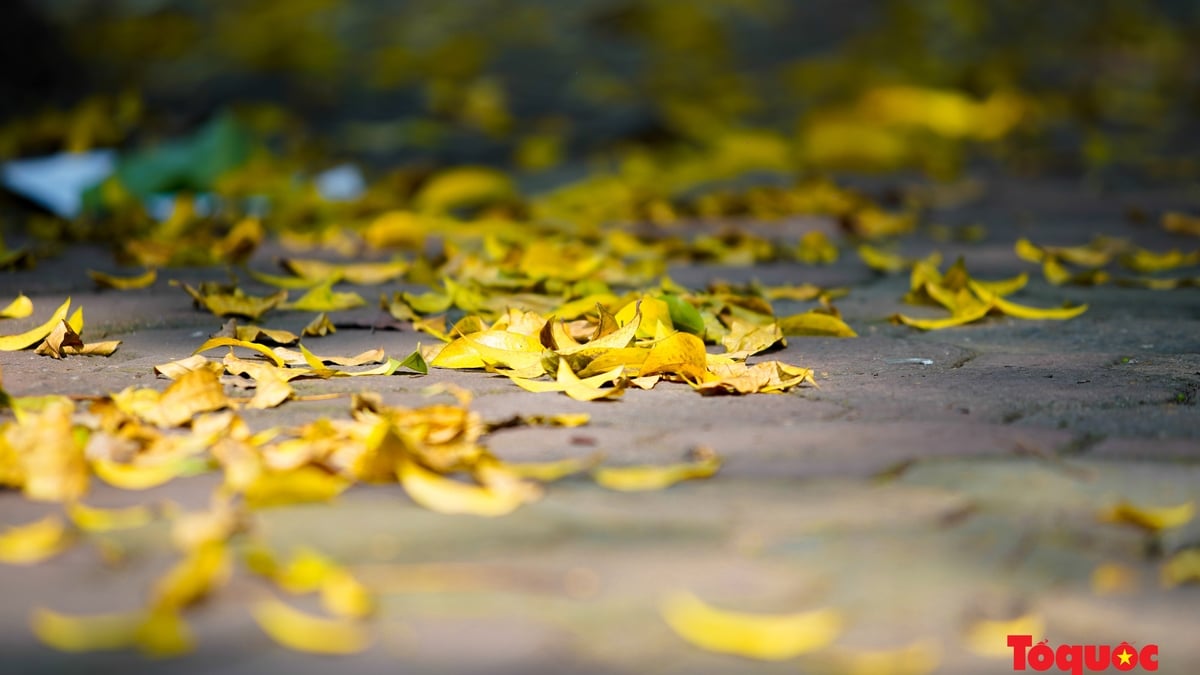


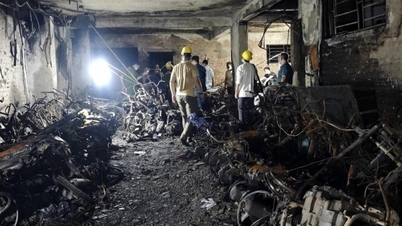
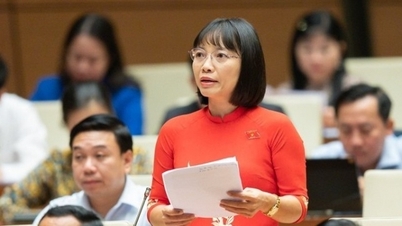
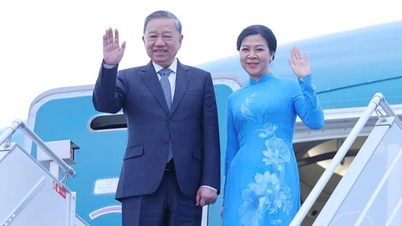

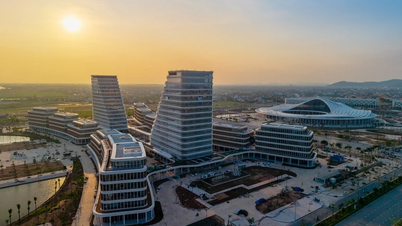


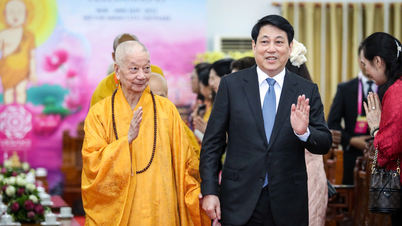











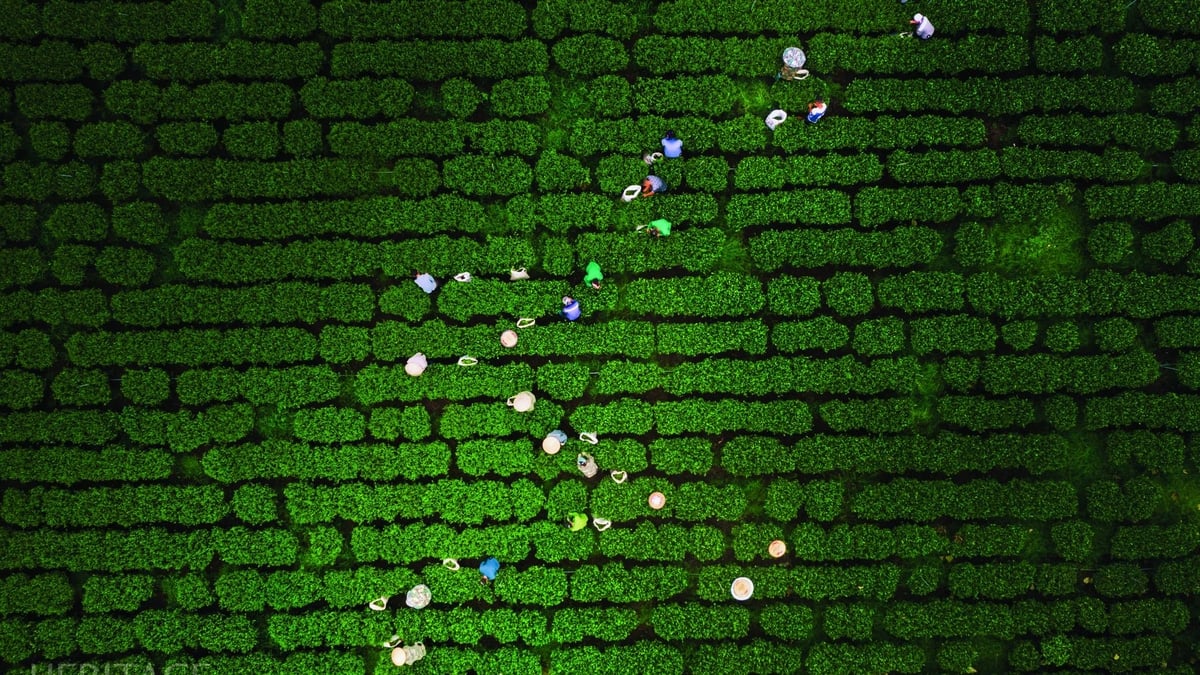









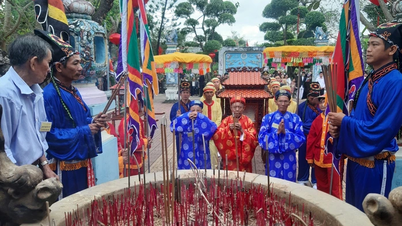









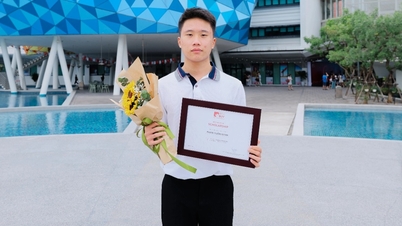











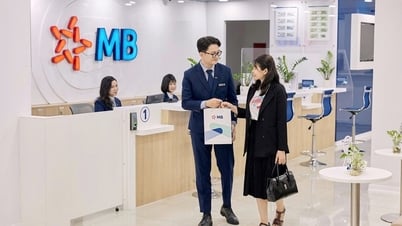

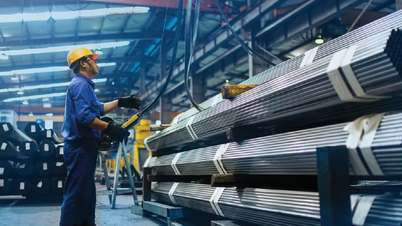














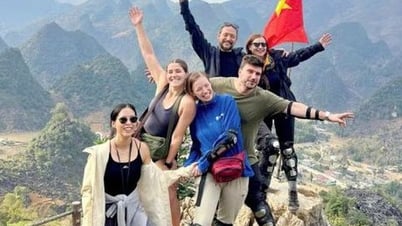
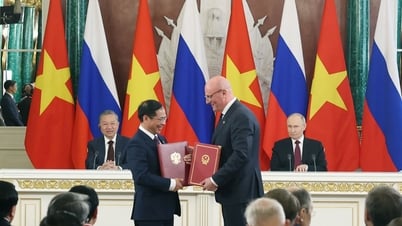




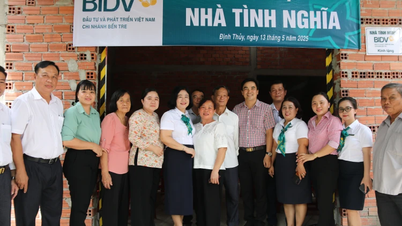

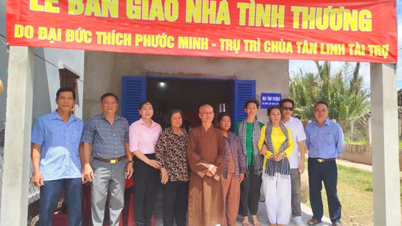
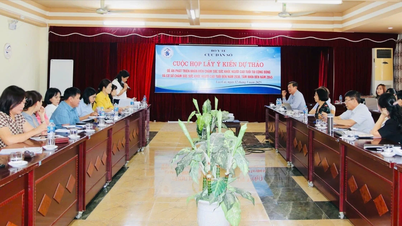












Comment (0)